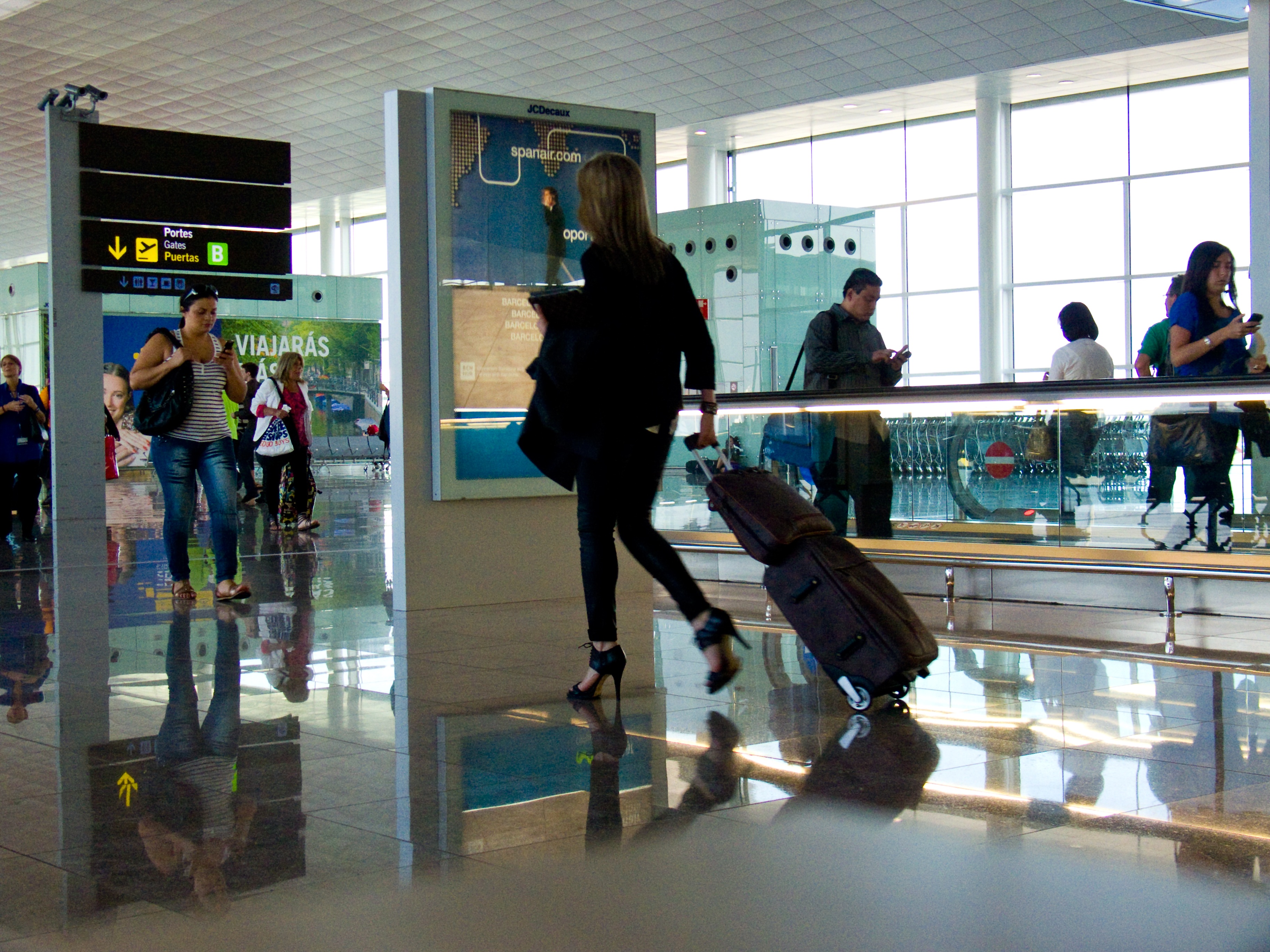Photo by form PxHere
Overseas Filipino Workers contribute a significant part of the economy of the Philippines. Their remittances support their families and the Philippine government. However, immigration laws and visas can be complex. Bilateral agreements of governments are also worth knowing. Understanding them is essential to ensure a successful overseas deployment. This article provides an overview of some things that OFWs need to understand.
Key Overseas Work Requirements
-
Overseas Employment Clearance: This is a paper document serving as proof of your legal employment abroad. It exempts you from paying airport and travel tax fees. To get one, you must present a valid passport, employment contract, and other necessary documents to the Department of Migrant Workers (DMW) formerly POEA.
-
Employment Contracts: This document outlines the rights and responsibilities of both the employee and employer, salary, job description, and termination clauses. As an OFW, you should read and review the contract carefully before signing it to ensure that it aligns with the laws of your country and your host country. Make sure that your salary and benefits declared are the same once you’re already in the host country.
-
Pre-Departure Orientation Seminar (PDOS): Before you go, you need to understand the culture, customs, and laws of the host country, as well as your rights and responsibilities. This is what PDOS is all about. This ensures you have a smooth working experience abroad. Completing PDOS is the first step in obtaining the OEC.
-
Deployment restrictions: The Philippines can only deploy to safe countries that offer adequate protection and prohibits sending OFWs to non-safe countries. The Department of Foreign Affairs (DFA) provides a list of safe and unsafe countries. In the early 2000s, there was a ban on deployment to Iraq (war-torn at that time) which is stamped on Philippine passport.
-
Compliance with Philippine laws: The Philippine government has laws to protect OFWs from exploitation and illegal requirements. Employers intending to hire OFWs must first comply with the regulations set by DMW. This includes going through accredited recruitment agencies and ensuring that employment contracts meet legal standards. Such a legal mechanism ensures compliance and prevents human trafficking and abuse such as domestic servitude, forced labor, sexual exploitation and holding back of passports.
Visas and rules
-
Visa: The term visa means an endorsement or permit authorized by the country’s representative, permitting a passport holder to enter, leave or reside there. It came from Latin meaning “things seen”. Today, visas are often stickers placed on passports. However, eVisas or electronic visas don’t require physical stickers on the passport. Instead, you’ll receive an electronic confirmation that serves as your visa. eVisas can be in digital form, such as PDF or an image. A traditional visa typically contains personal info, visa details, entry permissions, issuing authority (embassy or consulate), and remarks.
Visa types: The host country will issue these visa types:Work visa: These visas are for individuals intending to work in a foreign country. This visa type requires a job offer from a foreign employer based on the host country.
- Skilled Worker Visa: These are designed for professionals holding specific skills in demand in the host country. An example of this is EU blue card which is for educated non-EU nationals wishing to work in EU countries.
-Temporary work visas: These are for short-term projects or specific job assignments. An example is the H-2A or H-2B Visas of the USA.
-Transit visas: Electronic System for Travel Authorization (ESTA) is required for travellers with layovers in the United States. Most countries don’t require transit visas if the traveler stays in the airport for under three hours and won’t pass the immigration control lane. -
Working under tourist visas: Working paid or unpaid under tourist or travel visas are generally considered illegal. Getting caught can result in incarceration and deportation. If you intend to work abroad, apply to a DMW-accredited and reputable overseas employment agency. If you only plan to travel for tourism, apply for a tourist visa. However, exceptions and special cases include:
- Limited exceptions: Some countries may allow non-remunerative activities such as participating in cultural exchanges or conferences, although these will require prior approval.
- Work Permits: If you wish to work in a foreign country, you must secure a work permit or visa which requires additional documentation or a separate visa such as qualifications proof and a job offer.
Intergovernmental Bilateral Agreements
-
Bilateral labor agreements: The Philippines has forged agreements with some host countries to support repatriation, labor rights and reintegration into the Philippine economy. Some notable agreements include PH-Japan, PH-Taiwan, PH-Germany and PH and Middle Eastern countries. These agreements include:
- Employment condition
- Ethical recruitment practices
- Mechanisms for dispute resolution
- Protection of worker’s rights -
Repatriation: The government has mechanisms in place to repatriate OFWs in distress. Such situations include child welfare risks, mental health issues, and human trafficking.

